Our Approach
The educational design provides ministry-related, competency-oriented, and coach-facilitated training sessions that provide learning activities for the development of ministry leaders.
Training sessions are flexibly structured and self-paced to be accessible to and respectful of all adults regardless of academic background or cultural connections. Learning resources are designed for use in a classroom, online, or individualized formats.
Other distinctive characteristics include:
- Earning transfer credits to partner Seminaries and Colleges
- Continuing education units (CEUs) and or certification,
- Building online learner portfolios,
- Social networking with students nationally and globally,
- Experiencing a learning design that reflects adult, non-formal educational theory and practice,
- Relational methodologies, and
- A facilitator/coach model to further enhance the student experience in training.
Educational processes are missional, incarnational, and transformational. Emphasis is on the areas of Bible, communication, discipleship, evangelism, leadership, history, pastoral care, preaching, spiritual formation, teaching, theology, leadership, mission, church dynamics, and worship with application to participate in the growth of existing churches, enhance marketplace ministry opportunities or participating in the planting of dynamic churches.


